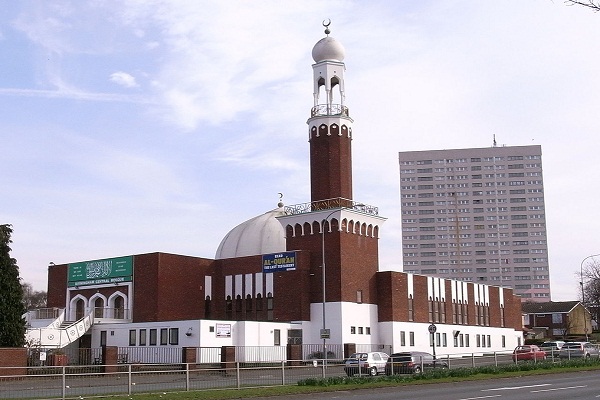Astro Cameras Help Mosques Schedule Prayer Times

Fajr is traditionally practiced at daybreak, but different calculations of when the sun rises can lead to prayer times that vary greatly — as much as 45 minutes, even between mosques that are close together, reported the Times.
The so-called OpenFajr project, launched by Dr. Shahid Merali, a general practitioner with a practice in Birmingham, sought to standardize fajr from mosque to mosque with the help of technology used by astronomers for gathering data about the skies.
Merali used a light-sensitive camera capable of imaging the horizon in 360 degrees. He installed it on a rooftop, where it captured 25,000 photos of the early morning sky over the course of one year. The images were then analyzed by academics, researchers and religious scholars to construct a timetable that synchronized fajr for 150,000 Muslims served by 170 mosques in the Birmingham area.
The OpenFajr results were documented in a paper published online in May. Similar efforts are now planned in London and Peterborough, and eventually across the country, according to the Times.
Source: Live Science



